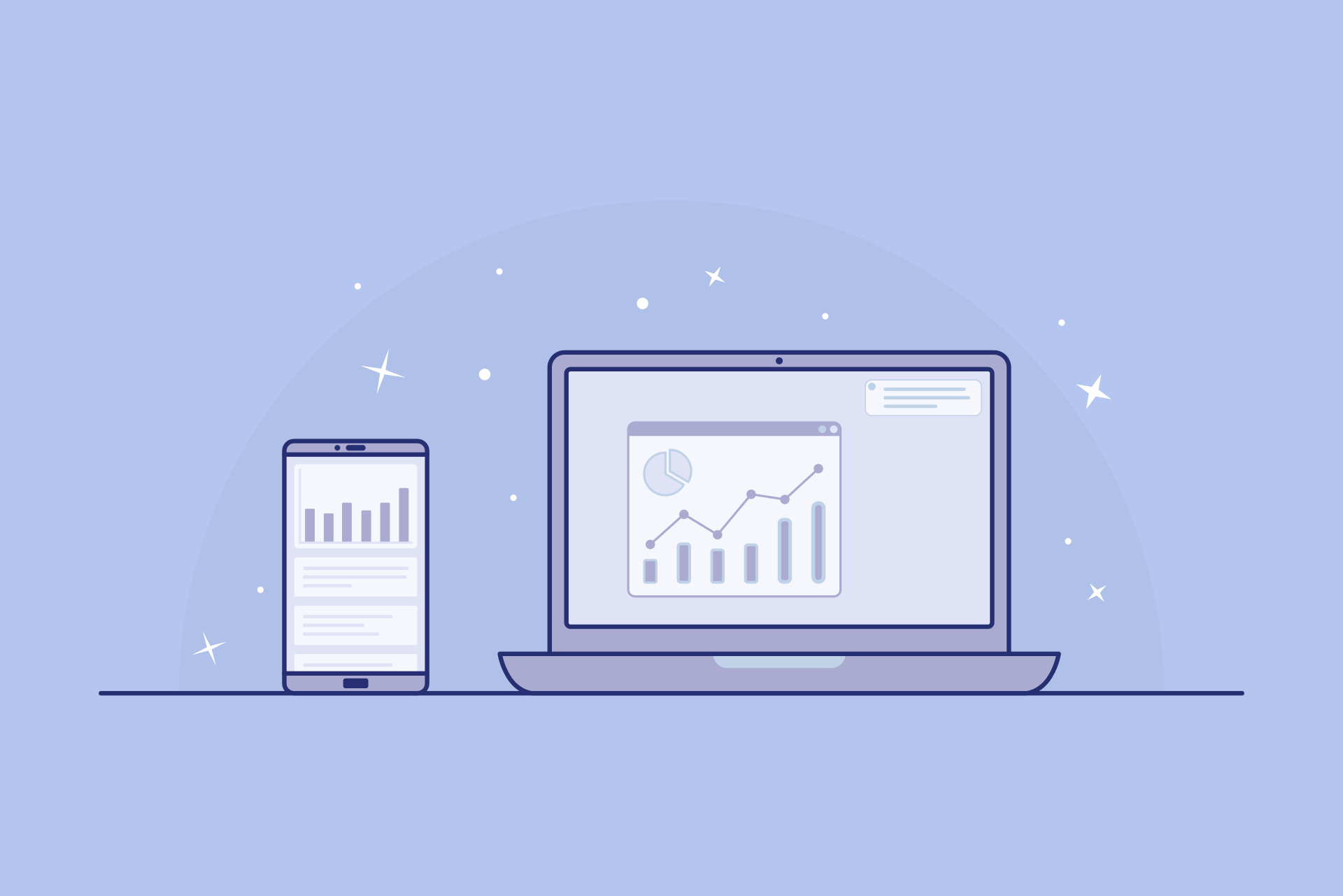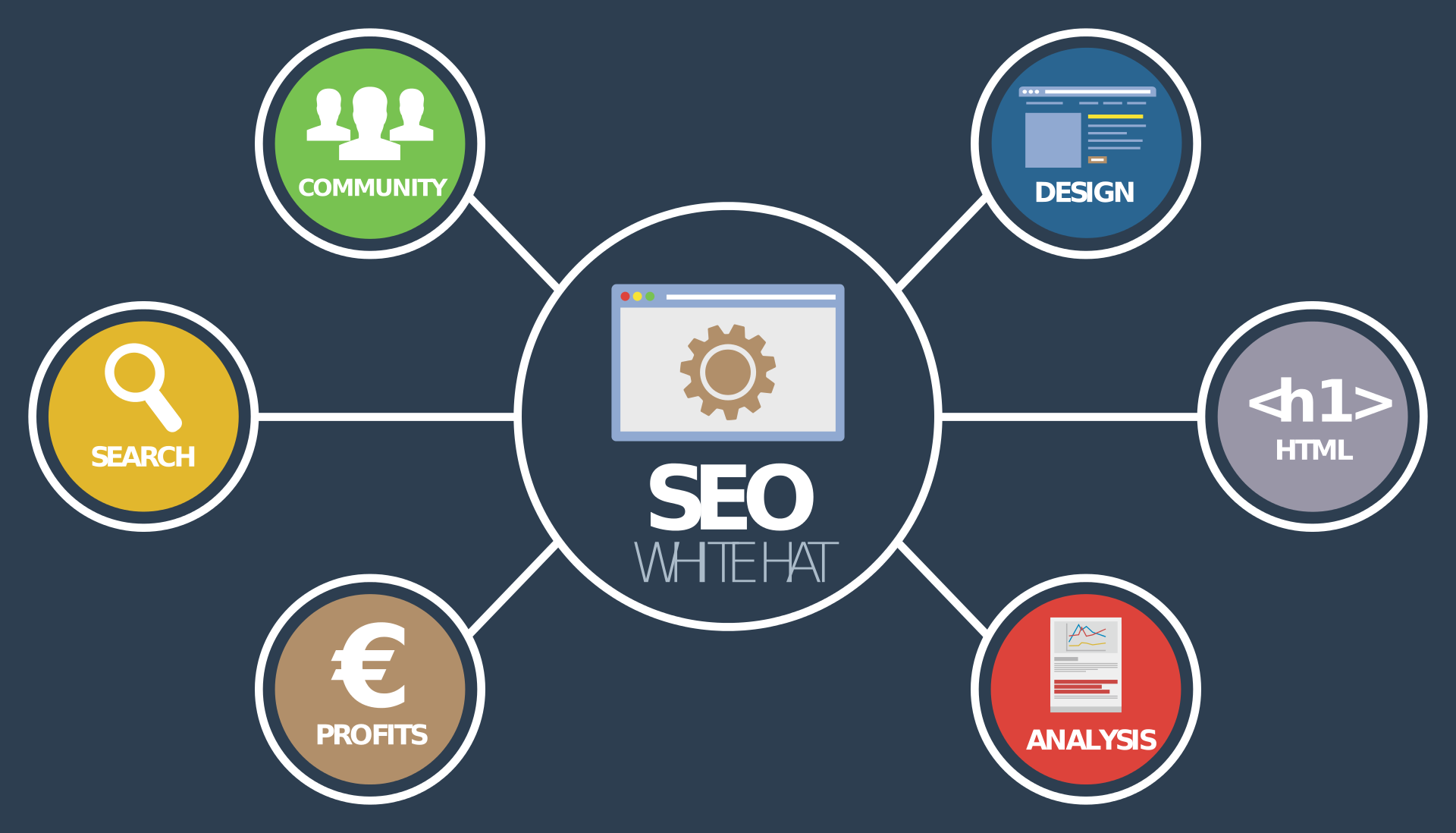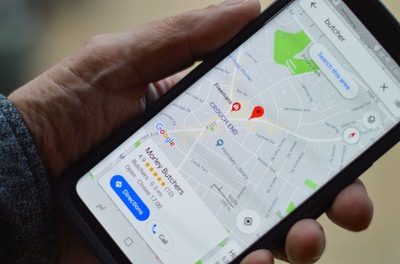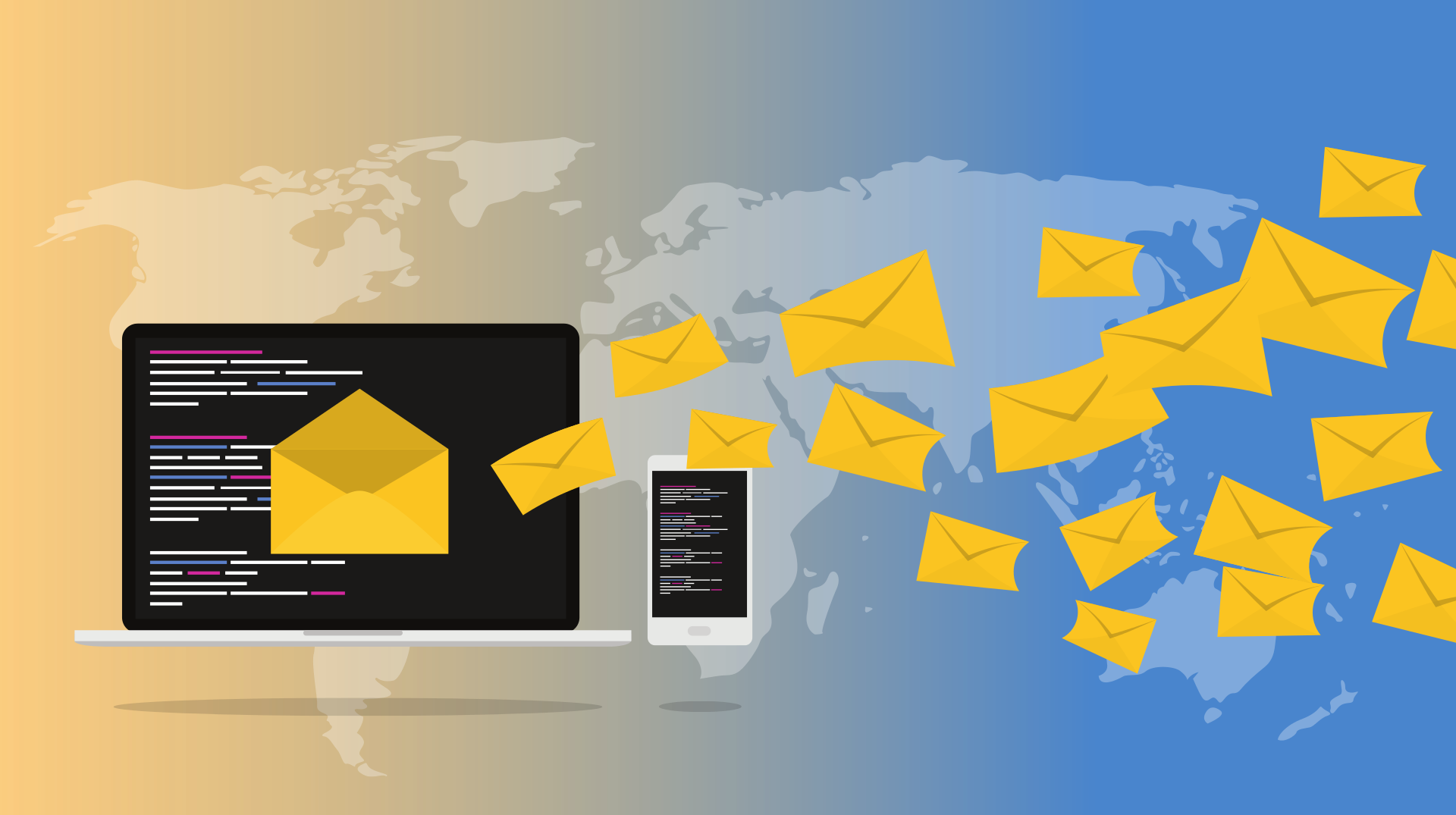
10 Surprising Examples of Artificial Intelligence in Everyday Life
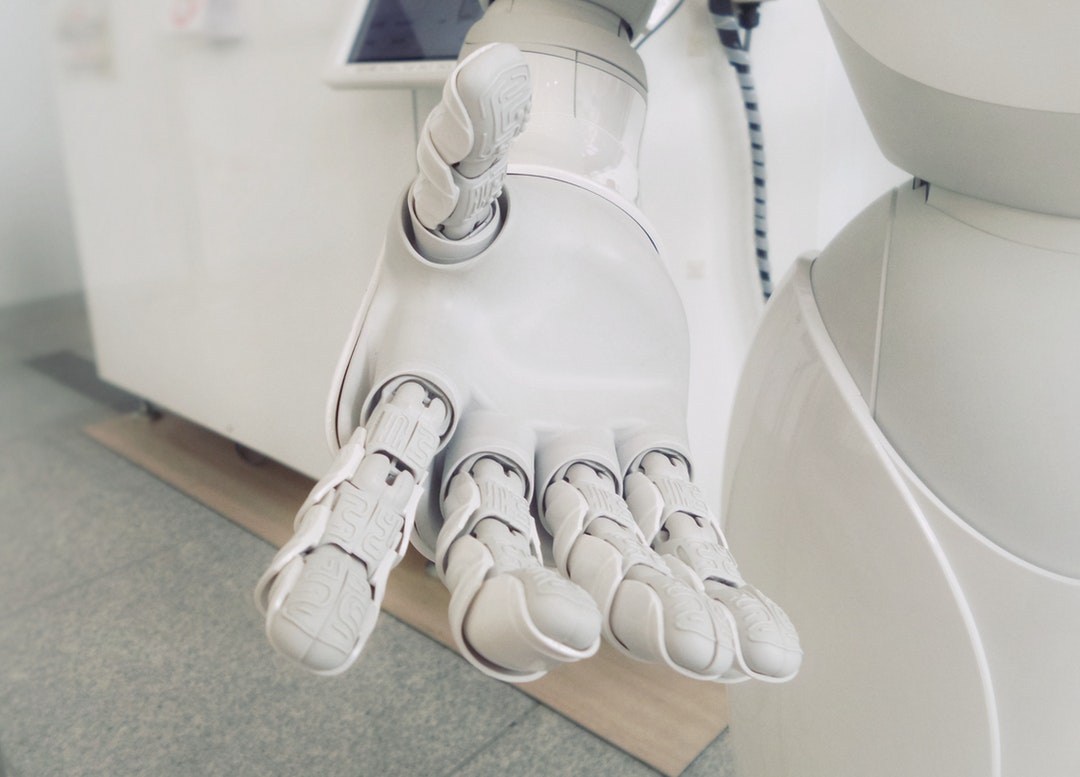
Do you have a calendar on your phone that allows you to set appointments and events? If so, go ahead and open it up. Set up an even for someplace about an hour away.
Set the start time for roughly an hour and a half from now and tell it to alert you one hour before the event starts. Now keep reading, and by the time you are done, you should get an alert telling you it is time to leave.
You might also get a traffic update, telling you when you need to leave to be on time. Or, it will tell you of any slowdowns, crashes, or hazardous conditions.
So what? This is practically old hat by now. But, 20 years ago, this was totally unheard of, the stuff of science fiction even.
The traffic update on a scheduled event is just one of many examples of artificial intelligence.
Don’t worry, the machines aren’t going to take over. And the work being done with AI is likely only going to make our lives more efficient and our jobs easier to perform.
Grip Like a Neanderthal
When archaeologists examined tools of Neanderthals they found strange markings on them. Eventually, they concluded these marks were from their hands, made by an incredibly strong grip.
Now, NASA has developed gloves which can double the strength of a human’s grip. What’s more, the human doesn’t have to keep gripping the tool. The glove would stay engaged until the user opened their hand.
These aren’t everyday life just yet, but imagine the possibilities for manufacturing. A human, using these AI gloves, could do the work previously requiring robots.
What’s more, when they were finished with that task, unlike a robot, they can go on to do other jobs.
Google’s Examples of AI
Everyone knows Google has been developing AI for use in everyday life. For example, Google Translate has made it possible to talk to someone when you cannot speak each to each other in a common language.
Not so long ago, communicating while traveling was much more difficult. You had to practice the language for a few weeks or a few months before going there. Beyond that, you had to hope you practiced correctly.
Many languages rely heavily on proper accenting. In English, if you change the accented syllable, the word just become gibberish. In many other languages, if you change the accenting, you can easily offend someone.
Problem observed and Google Translate to the rescue.
Of course, figures of speech don’t translate, and English has far more than the average person realizes. Also, you have to hope Google will pronounce the words correctly, or that the person you show the translation to can read.
But it is a huge step forward nonetheless.
How about Google Maps or a similar type of GPS? It should not come as a surprise to learn that this is another common way people interact with artificial intelligence.
Computers monitor how many people are passing through a given area of the road, how long it takes them, and what the speed limit is. If people take longer than average to pass thru, it is marked as a slowdown or stopped area.
Now, the computers will even give you a reason for the slow down such as construction or a crash.
Further, the AI is always searching for potential faster routes. It does so by examining traffic patterns on all alternate routes and comparing those to the current route.
Autocorrect Fails
Texting recently became an actual word. But well before it was an actual word in the dictionary, to every scrabble player’s delight, it was a very common form of communication.
Almost everyone now has seen humorous examples of autocorrect making a total mess of messages. Interesting that message has the word “mess” in it, yes?
Autocorrect and predictive text are both examples of AI. Where on earth did they come up with words for them?
The process took quite a bit of time. The programmers had to scan hundreds of thousands of messages and conversations. They scanned for patterns of words and used that information to predict the most likely next words.
Also, both of those pieces of AI constantly monitor how you speak and what you are likely to say next. Fortunately, the computers are far from getting everything right, and hence we have tons of fails every day.
Search Engine Optimization
This is also known as SEO. In a nutshell, this process gets more people to view your page. Books and web pages are devoted to this subject for every business imaginable.
The AI here works by observing keywords in the articles you have on your site. And, when properly utilized, it gets your page to the top of peoples searches.
Why is this important? Because most people don’t look past the first 20-30 results when they search for something. If your page isn’t at the top, you will receive much less traffic.
Social Media
With the rise of platforms such as Twitter, Instagram, and Facebook, people have pictures of themselves everywhere.
The AI associated with these pages is able to guess people you might know based on the other friends that you have. This especially comes in handy when you meant to talk to someone but didn’t know their name.
Another example of artificial intelligence is face recognition. People tend to look a little bit different based on lighting, background, clothes, and accessories.
Facial recognition allows you to find pictures you were in, even though you weren’t tagged in them. It sees thru makeup and other obstructions that the human eye cannot pick up on.
For criminals, this has an obvious drawback as they can be tracked almost anywhere. For most people, this technology makes committing crimes much more difficult and exists to protect the common good.
Hey Siri…
Google, Siri, and Alexa have become part of everyday life as well. We talk to our phones like they are people and expect them to perform tasks for us.
Phones are no longer just a way of contacting other people, they are supercomputers in our pockets. And, like many of the apps we place on them, they are run by AI.
Again, by some amazing magic, these devices recognize our speech patterns and our voices. People use them to create grocery lists, plan trips, and call their friends.
This company is working on ways to bring more AI to your life and give you the freedom to focus on what is really important.
Money Money Money
One of the most helpful examples of artificial intelligence has been in the development of online banking and identity theft.
Let’s say you live in North Carolina and all of a sudden someone uses your debit card to make purchases in Las Vegas. In the past, you wouldn’t have known until you balanced your checkbook.
With the rise of AI, you will get an alert almost immediately asking if you made a purchase somewhere else. If you took a vacation to Las Vegas, you simply confirm it. If not, you can shut it down immediately.
Or let’s say you just got a new phone and you try to log on to your bank. The bank computer recognizes this as a new device and sends an alert to make you jump through an extra hoop to log on.
It may be ever so slightly annoying at the time, but it prevents a thief from getting into your accounts.
Marketing
Marketing is now done online and with computers. Have you ever started researching something new online and suddenly found that all the ads on your phone or computer were on that topic?
This is the AI hard at work. Computers and phones are data mines for companies. Emails, social media posts, and text messages all give companies a rough idea of what products or services you might need.
The AI takes that information and tries to send you ads relevant to your life. Why? Well, you are much more likely to watch an ad about a new washer if you are looking for one.
However, if all your ads are about eczema and you don’t suffer from it, you won’t watch those ads. This nonsense wastes your time and the company’s money.
More Examples of Artificial Intelligence on the Rise
Fortunately, this isn’t Hollywood or science fiction and a rise in AI isn’t going to spell doom for humanity.
Instead, the growing uses for and examples of artificial intelligence will create far more jobs than they eliminate. As more jobs are created, more uses will arise and more things will be added to make our lives easier and more efficient.
You can bet AI will be interacting with more and more areas of your life. Check out all the resources available for you, your life, and your business.


